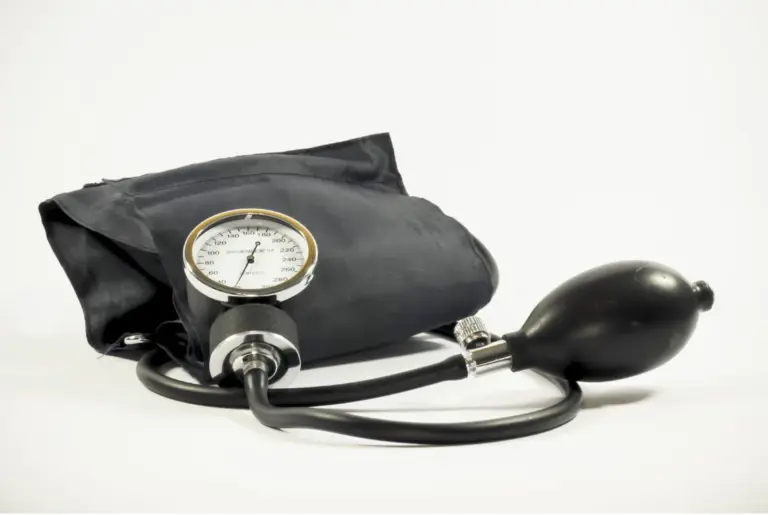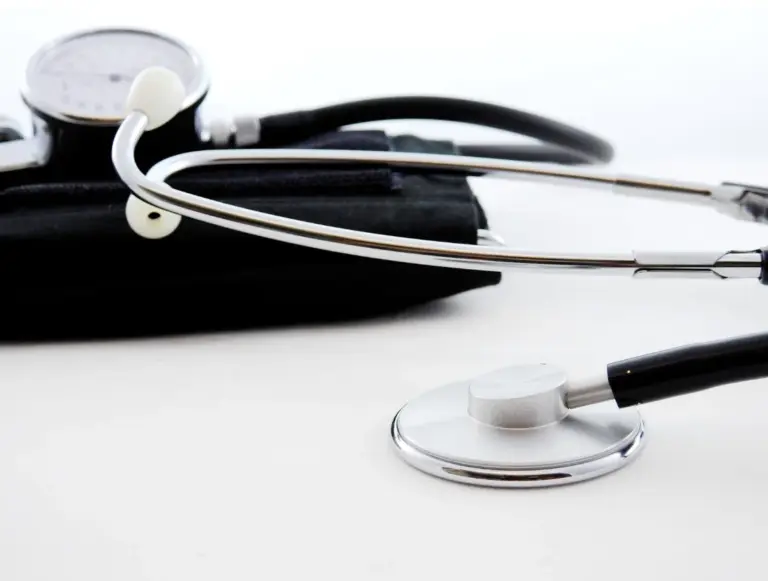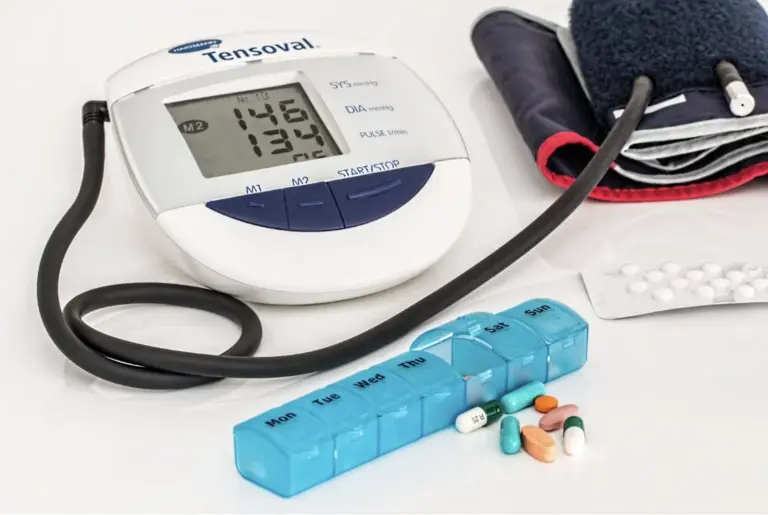Definition
Malignant Hypertension is a condition characterised by extremely high levels of blood pressure, often leading to serious conditions like organ failure. To give you an idea of its severity, Malignant Hypertension shows blood pressure readings of 180/120 and above, when the normal levels are considered as 120/80. This condition is therefore classified as a health emergency or hypertensive urgency.
Causes
There can be several causes behind such severe conditions of malignant blood pressure or multiple organ failure. Some are well known as associated with lifestyle, renal, endocrine or cardiac dysfunctions. Compliance to drugs is also a well-known risk factor for causing malignant hypertension. Some causes and underlying causative factors for malignant blood pressure are as below:
Medical Conditions

- Renovascular diseases
- Coronary artery disease
- Thyroid issues
- Kidney problems
- Tumors of the adrenal glands
- Cerebrospinal injuries
- Certain medications like birth control pills and antidepressants
- Substance abuse
- Central nervous system disorders
Lifestyle And Environmental

- Obesity
- Sedentary lifestyle
Others

- Increased age
- Genetics
- Gender: Females (due to hormonal factors)
Complications
 Malignant hypertension is an extremely serious condition which, if left untreated, can even lead to death. Some of the other serious consequences of Malignant hypertension include:
Malignant hypertension is an extremely serious condition which, if left untreated, can even lead to death. Some of the other serious consequences of Malignant hypertension include:
- Cardiac, renal and cerebral failure
- Rupturing of the main blood vessels heart (Aortic Dissection)
- Stroke
- Organ failure, especially the kidneys
- Accumulation of fluids in the lungs
- Other grave complications
Symptoms
As is the case with all its other forms, Malignant Hypertension signifies its ‘Silent Killer’ notoriety by barely showing any symptoms. However, it is generally advised to seek medical attention if someone experiences the following symptoms of malignant blood pressure.
Treatment
 First things first to do as a part of malignant blood pressure treatment is to get the patient admitted immediately. The first medications or treatments given would be to reduce the critical blood pressure levels of the patient to avoid further problems. This may involve injecting the medicines so they take effect immediately. The latter part of the treatment is the gradual, steady reduction and management of the blood pressure through oral antihypertensive drugs. Once the patient’s blood pressure is back to normal, the treatment will involve a secondary hypertension screening and frequent follow-up visit to monitor the situation. Lifestyle changes and dietary changes will also be suggested at this stage to avoid any recurrence.
First things first to do as a part of malignant blood pressure treatment is to get the patient admitted immediately. The first medications or treatments given would be to reduce the critical blood pressure levels of the patient to avoid further problems. This may involve injecting the medicines so they take effect immediately. The latter part of the treatment is the gradual, steady reduction and management of the blood pressure through oral antihypertensive drugs. Once the patient’s blood pressure is back to normal, the treatment will involve a secondary hypertension screening and frequent follow-up visit to monitor the situation. Lifestyle changes and dietary changes will also be suggested at this stage to avoid any recurrence.
Conclusion
 If a patient has high blood pressure or is at risk; it’s critical to check blood pressure regularly, and take all prescribed medications without missing any doses. Avoid indulgencing in drugs and non-prescribed medications. Apart from that it’s important to maintain a healthy lifestyle and seek medical advice. Maintain a low-stress level and also a cardiac system tuned by exercising regularly. Keeping track of the treatment of any ongoing health condition that may put you at risk for a hypertensive emergency. Seek immediate treatment if you develop any symptoms like Malignant hypertension.
If a patient has high blood pressure or is at risk; it’s critical to check blood pressure regularly, and take all prescribed medications without missing any doses. Avoid indulgencing in drugs and non-prescribed medications. Apart from that it’s important to maintain a healthy lifestyle and seek medical advice. Maintain a low-stress level and also a cardiac system tuned by exercising regularly. Keeping track of the treatment of any ongoing health condition that may put you at risk for a hypertensive emergency. Seek immediate treatment if you develop any symptoms like Malignant hypertension.
Note of Caution: This article is for information purpose only. Always consult your doctor in case of any blood pressure or other health-related problems.
Disclaimer
The information contained in this article is to educate, spread awareness in relation to hypertension and other diseases to the public at large. The contents of this article are created and developed by BPinControl.in through its authors, which has necessary, authorisations, license, approvals, permits etc to allow usage of this articles on The Website. The views and opinions expressed in this article are views, opinions of the respective authors and are independently endorsed by doctors. Although great care has been taken in compiling and checking the information in this article, The Website shall not be responsible, or in any way liable for any errors, omissions or inaccuracies in this article whether arising from negligence or otherwise, or for any consequences arising therefrom. The content of this article is not a substitute for any medical advice. The Website shall not be held responsible or liable for any consequence arising out of reliance on the information provided in the article.

 Nausea
Nausea Headache
Headache Vomiting
Vomiting Blurring or double vision
Blurring or double vision Nose bleeding
Nose bleeding Heart palpitations
Heart palpitations Shortness in breath
Shortness in breath


